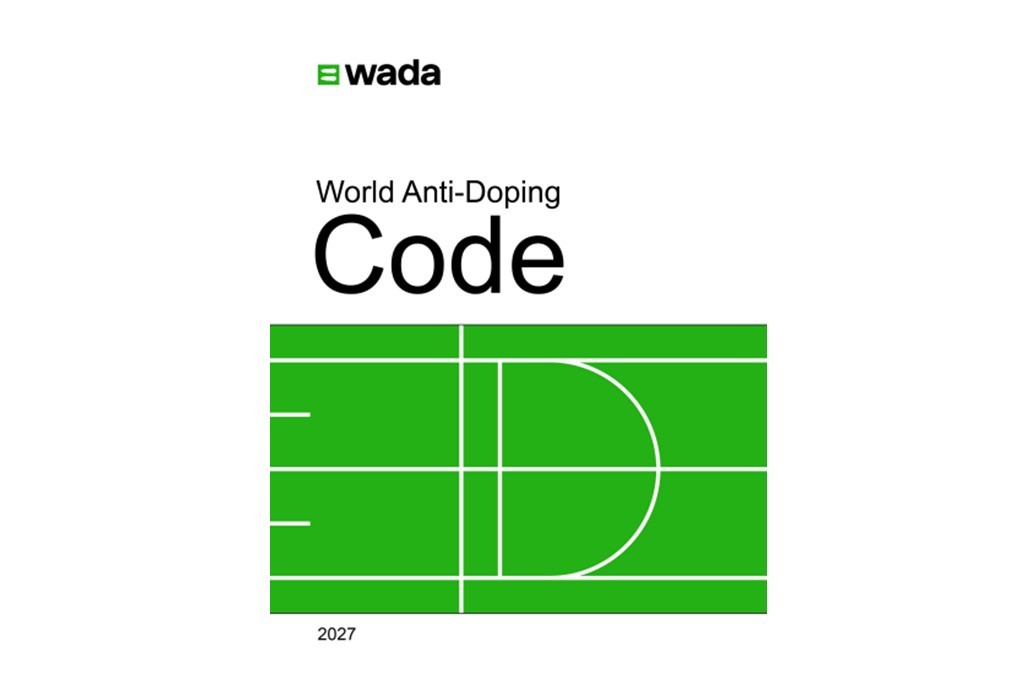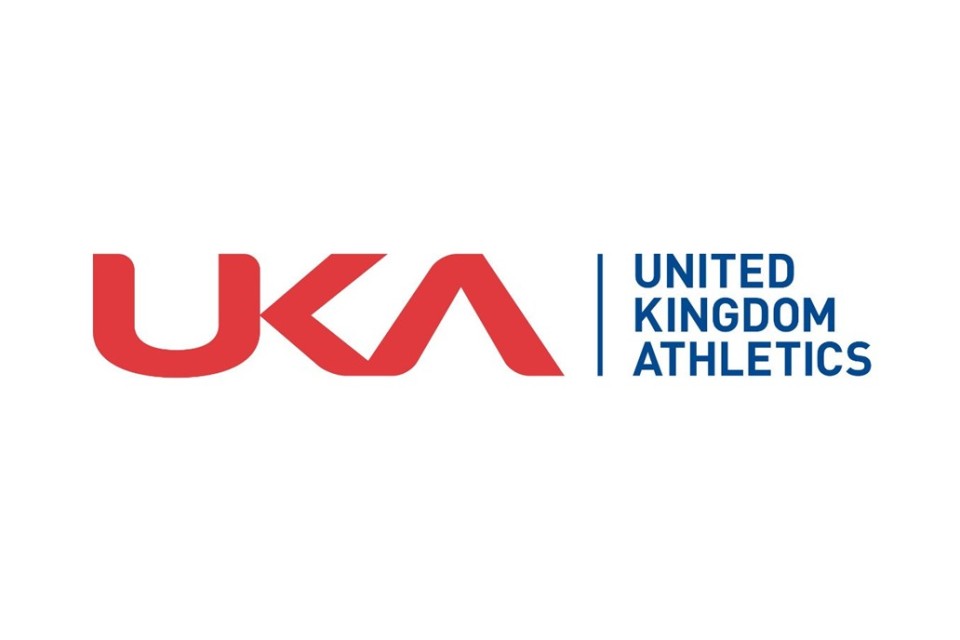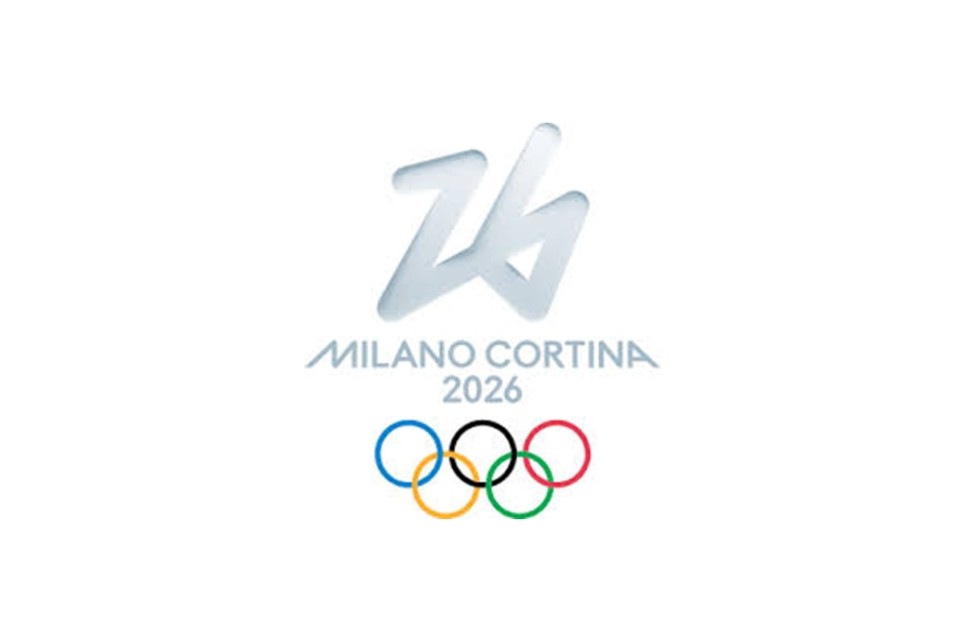Fri, November 14, 2025
WADA shares final drafts of the 2027 World Anti-Doping Code and International Standards and related documents

WADA shares final drafts of the 2027 World Anti-Doping Code and International Standards and related documents
The World Anti-Doping Agency has shared its proposed final drafts of the 2027 World Anti-Doping Code and International Standards
The World Anti-Doping Agency (WADA) has shared its proposed final drafts of the 2027 World Anti-Doping Code and International Standards. These proposed drafts will be presented during the 2025 World Conference on Doping in Sport, which will take place between 1-5 December 2025 in Korea. A final approval will subsequently take place by WADA’s Executive Committee (ExCo) and Foundation Board on 5 December.
The 2027 Code and International Standards Update Process Athlete-Centred Consultation saw more than 600 athletes/athlete commissions from over 60 countries and 70 plus sports/sport disciplines take part.
The Honourable Michael J. Beloff, KC, who is a member of Blackstone Chambers and Sport Resolutions panel member, also provided his opinion on the 2027 Code in his capacity as consultant to WADA.
Some of the changes in the fourth and final draft of the 2027 Code and International Standards which merit particular attention include:
- Major Event Organizations’ authority to test has been changed back to the authority provided in the 2021 Code.
- In response to the Cottier and World Aquatics Reports emphasizing the importance of testing by parties other than the Athlete’s own National Anti-Doping Organisation (NADO), a provision has been added providing that this outside testing shall not be unduly restricted.
- The process for challenging and appealing decisions related to Provisional Suspensions has been further modified to provide that challenges to Provisional Suspensions be heard first in the Anti-Doping Organisation (ADO) process before an appeal to CAS. This gives Athletes the opportunity to challenge a Provisional Suspension quickly and in their own language and gives the ADO an opportunity to consider the Athlete’s arguments and, if it agrees, lift the Provisional Suspension before the CAS appeal process is initiated.
- A new definition of Independent Review Expert (IRE) explains the criteria and process for selecting the IRE.
- The requirement for reliable “analytical” evidence for an Athlete to reduce the four-year period of Ineligibility to two years where they cannot establish the source of the Non-Specified Substance in their system has been changed to reliable “scientific” evidence.
- In the Contaminated Source article, the phrase stating that “Athletes take nutritional supplements and medications at their own risk” has been changed to remove the reference to “medications.”
- In cases where it has been determined after hearing and appeal that the Athlete did not commit an ADRV or has established No Fault or Negligence, the exceptions to the requirement for the Athlete’s consent to publication have been expanded to include “other compelling circumstances.”
- The previous requirement that International Federations and National Olympic Committees “ensure” that NADOs have complete authority to carry out their work has been modified to a “best efforts” obligation.
You can also find 2027 major change summaries on the following:
- International Standard for Code Compliance by Signatories (ISCCS)
- International Standard for Data Protection (ISDP) (previously ISPPPI)
- International Standard for Education (ISE)
- International Standard for Intelligence and Investigations (ISII) (new)
- International Standard for Laboratories (ISL)
- International Standard for Results Management (ISRM)
- International Standard for Testing (IST) (previously ISTI)
- International Standard for Therapeutic Use Exemptions (ISTUE)
The 2021 Code vs 2027 Code Final Draft can be viewed here with track changes.
WADA’s official statement providing further details can be found here.



